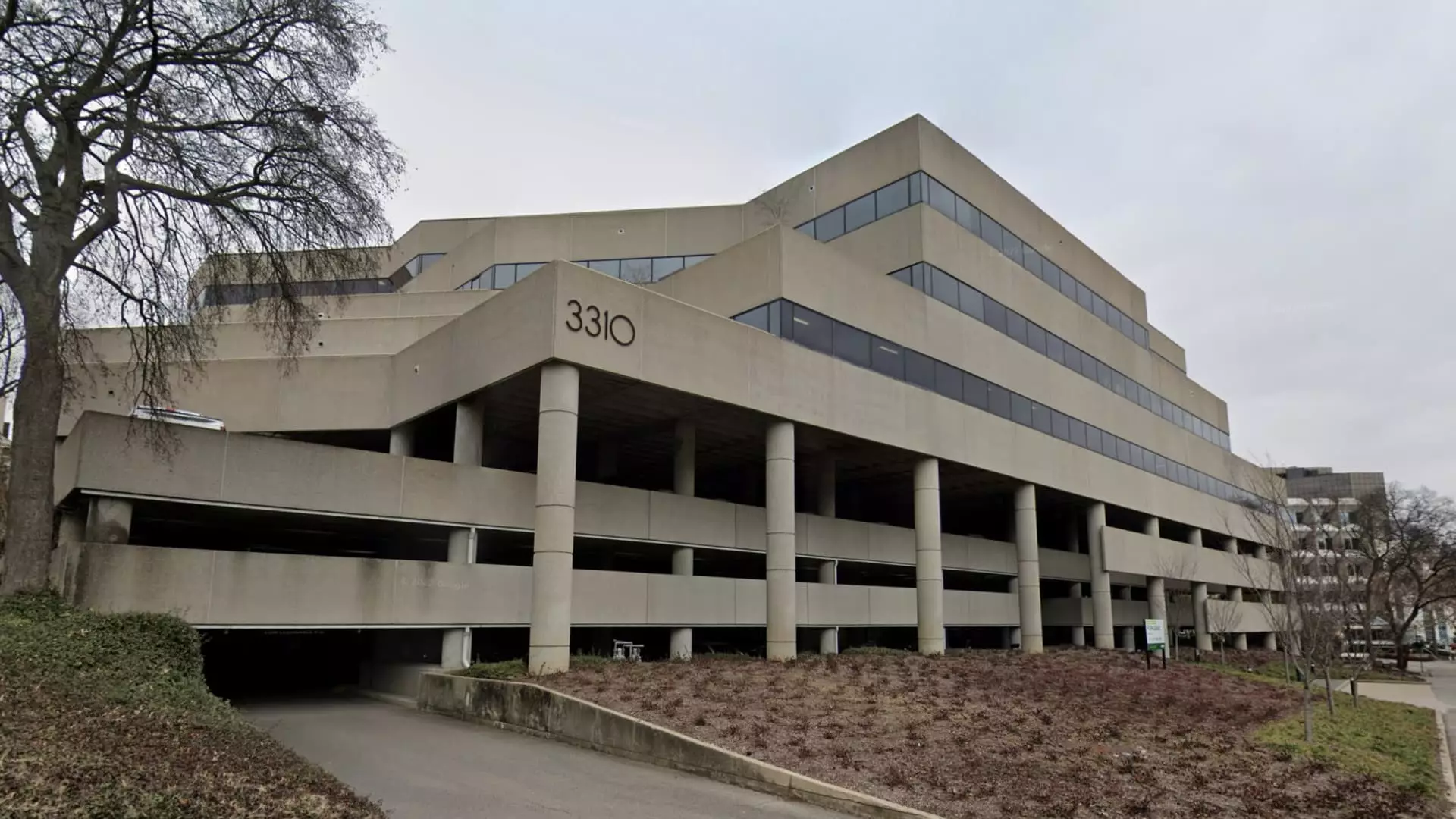Healthcare Realty Trust, a major player in the world of real estate investment trusts (REITs), primarily focuses on owning and managing medical outpatient facilities near hospital campuses. With an impressive portfolio encompassing nearly 700 properties and over 40 million square feet, the company strategically concentrates its operations in 15 high-growth markets. Its investments cater to a diverse group of tenants, spanning more than 30 different medical specialties—ranging from general practice to specialized fields. Amid these qualitative assets, however, the company faces a series of pressing challenges, further exacerbated by recent changes in leadership and investor dynamics.
Currently, Healthcare Realty Trust is valued at approximately $6.38 billion, with shares trading around $17.99. Despite a resilient market presence, questions arise regarding the effectiveness of the company’s management and overall operational efficiency.
One of the most noteworthy developments in the narrative of Healthcare Realty Trust is the involvement of Starboard Value, a well-regarded activist investment firm. Starboard recently disclosed a 5.90% stake in the Trust, leveraging its substantial track record of driving enhancements in operational efficiency across various companies. Over its history, Starboard has conducted 155 campaigns, reporting an average return of 23.37%, significantly outperforming the Russell 2000’s 14.29% over the same time frame.
The timeline of Healthcare Realty is particularly telling. The company went through a tumultuous period after merging with Healthcare Trust of America in a deal valued at roughly $18 billion. Despite gaining an impressive 92% approval from shareholders, the transaction has been criticized for its dilutive effects, leading to heightened operating expenses and an unfavorably high capitalization rate.
The resignation of long-standing CEO Todd Meredith marks a potential turning point in the company’s trajectory. His departure comes at a critical juncture, leading to uncertainties regarding the company’s strategic direction. This transition accentuates the necessity for a thoughtful search process for his successor. However, the board’s credibility has been called into question, especially given the recent outcomes that feature rising operational costs and stagnation in stock performance—over 15% down compared to a 33% increase in the Russell 2000.
Amid these dynamics, stakeholders could justifiably expect a comprehensive reassessment of the current board. A fresh leadership team that is capable of instigating operational turnaround measures becomes crucial, especially when juxtaposed against the significant investment and value realized by peers in the industry. The critical aspect remains whether the existing board is fit for leading this revival.
Healthcare Realty is undoubtedly at an inflection point with two critical pathways available: revitalizing its existing operations or seeking a potential sale. If the company opts for the first route—remaining a standalone entity—the emphasis will be on appointing a capable long-term CEO who aligns with a new strategic vision. Here, the involvement of shareholders, particularly a constructive activist like Starboard, raises hopes for enhanced governance and operational optimization.
In contrast, the notion of selling the company may offer a more immediate avenue for shareholder value realization. With larger entities like Welltower, Healthpeak, and Ventas expressing interest—especially given their lower capital costs—the potential for acquisition represents a pragmatic option. Notably, following the merger discussions with Healthcare Trust of America, Welltower made a significant overture to acquire Healthcare Realty at an attractive share price, only to see that bid quashed by the board’s prevailing strategy at the time.
As Healthcare Realty Trust negotiates the complex landscape of leadership changes, investor interest, and operational weaknesses, it stands at a critical juncture that demands decisive action. The dual influence of an activist investor and an abrupt leadership transition creates a scenario pregnant with opportunities and challenges alike.
How the board approaches these distinct paths—either revitalizing its current structure or considering acquisition offers—will ultimately define the trajectory of the company and the interests of its shareholders. What is clear is that all eyes are on Healthcare Realty Trust as it endeavors to align its operational strategies with an evolving market landscape in the healthcare real estate sector. Whether the outcome is revitalization or acquisition, a well-informed and decisive response will be essential for steering the Trust toward a brighter future.


Leave a Reply